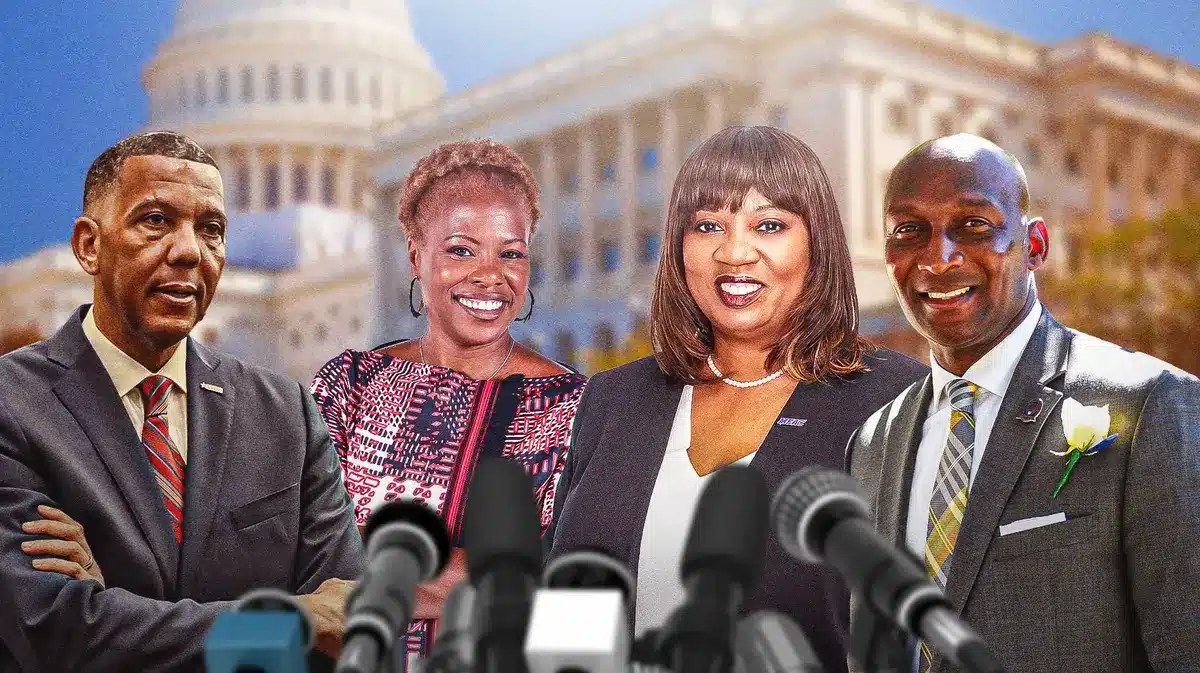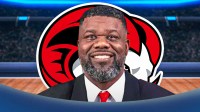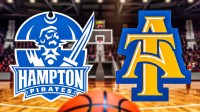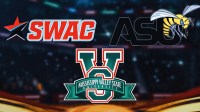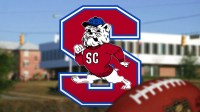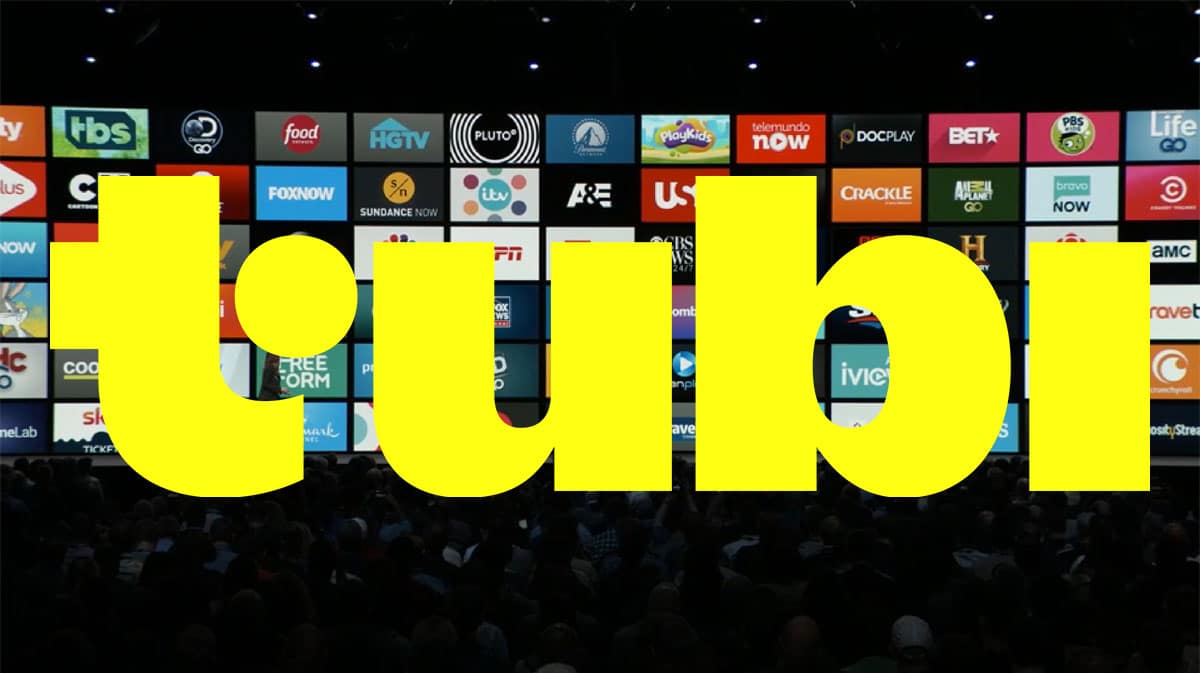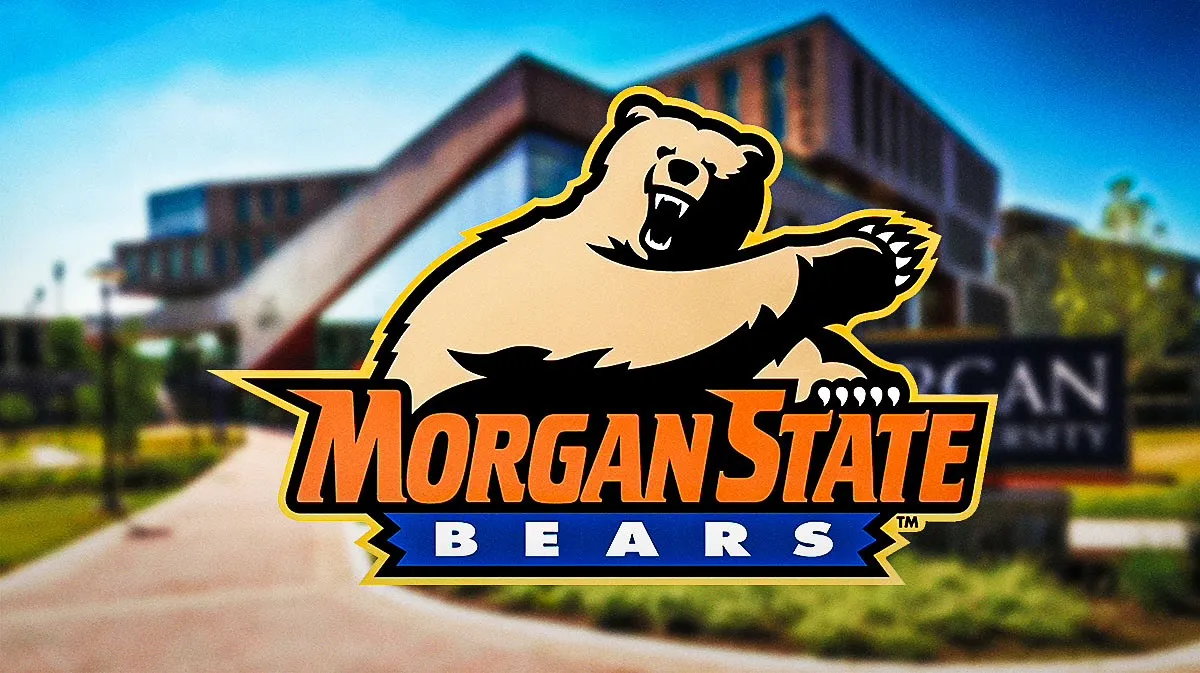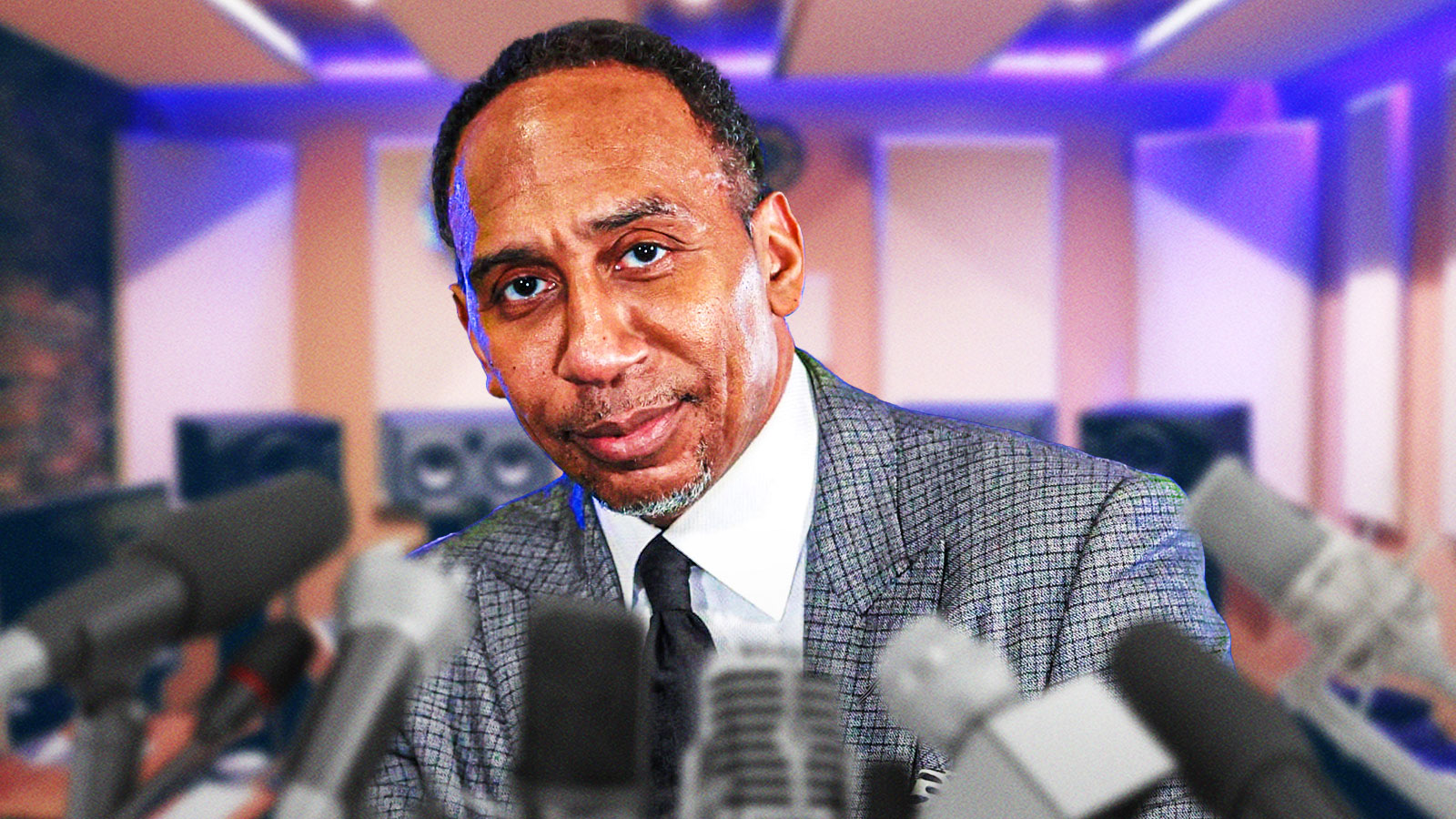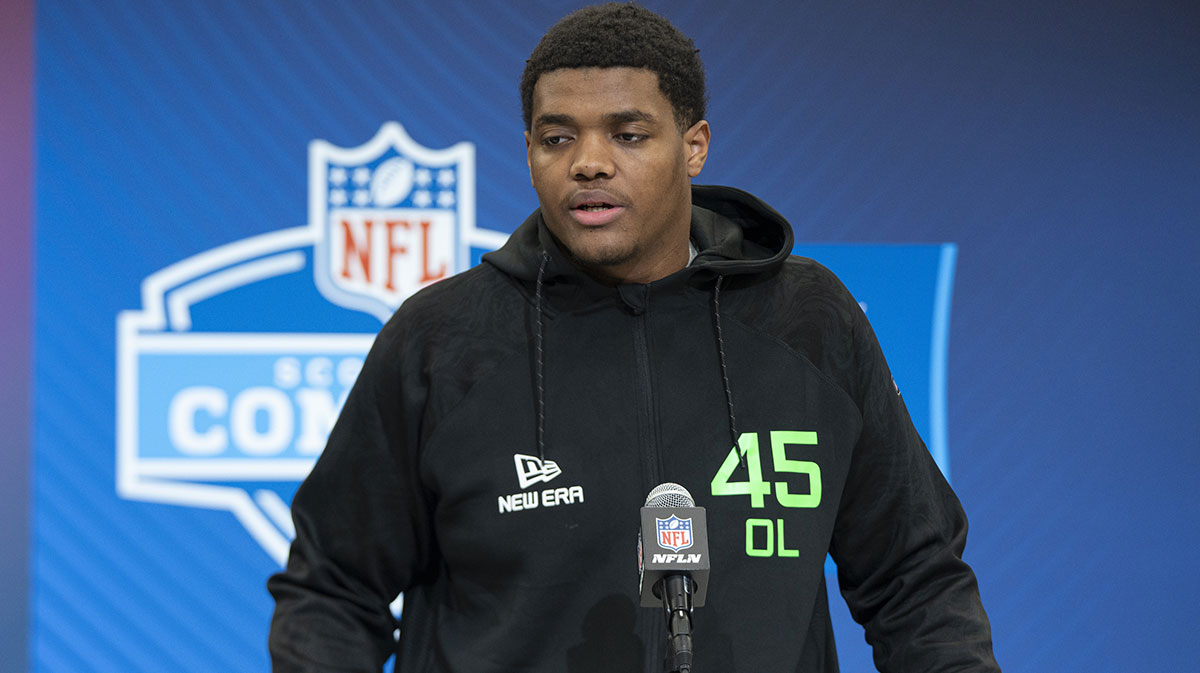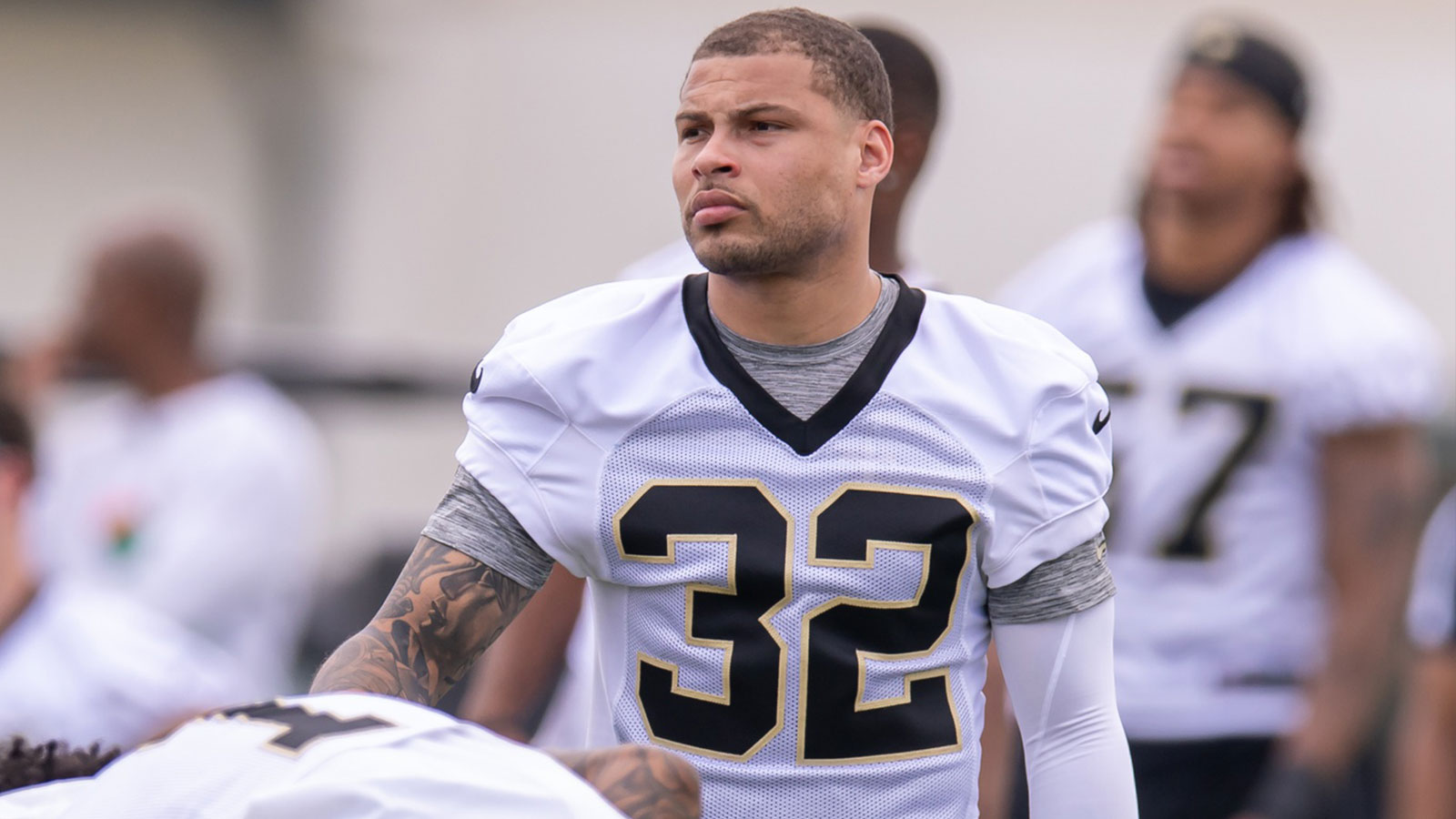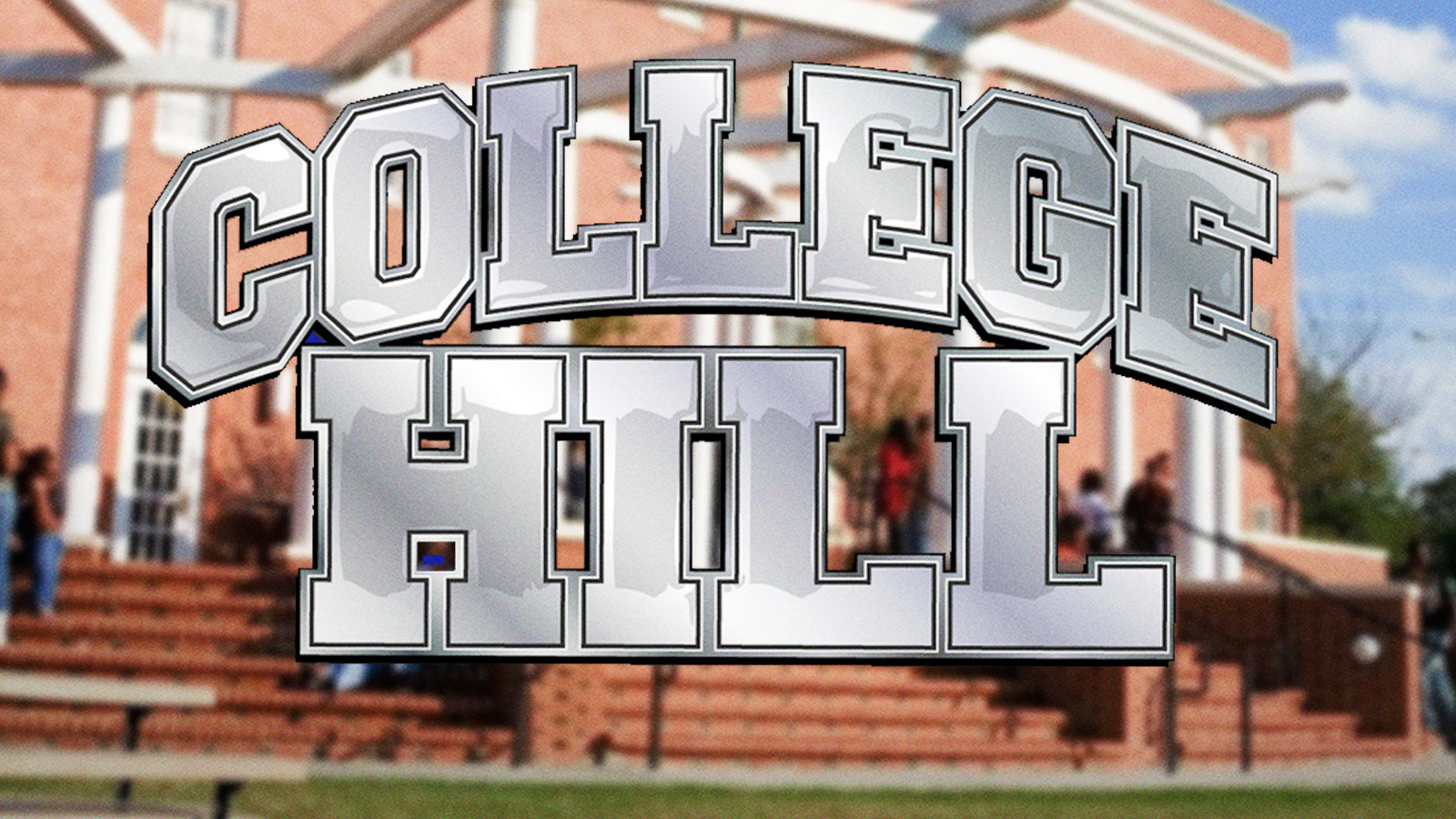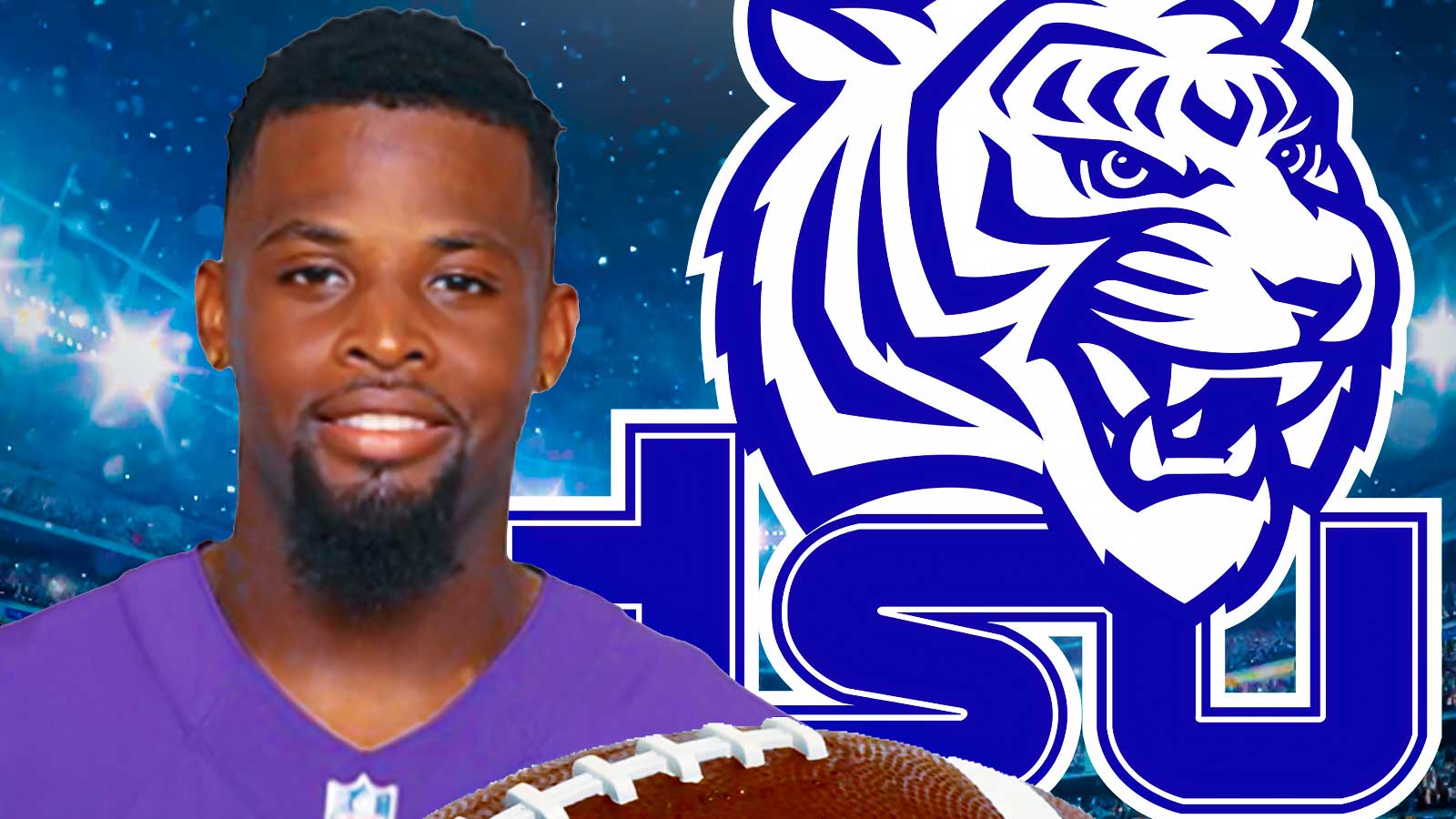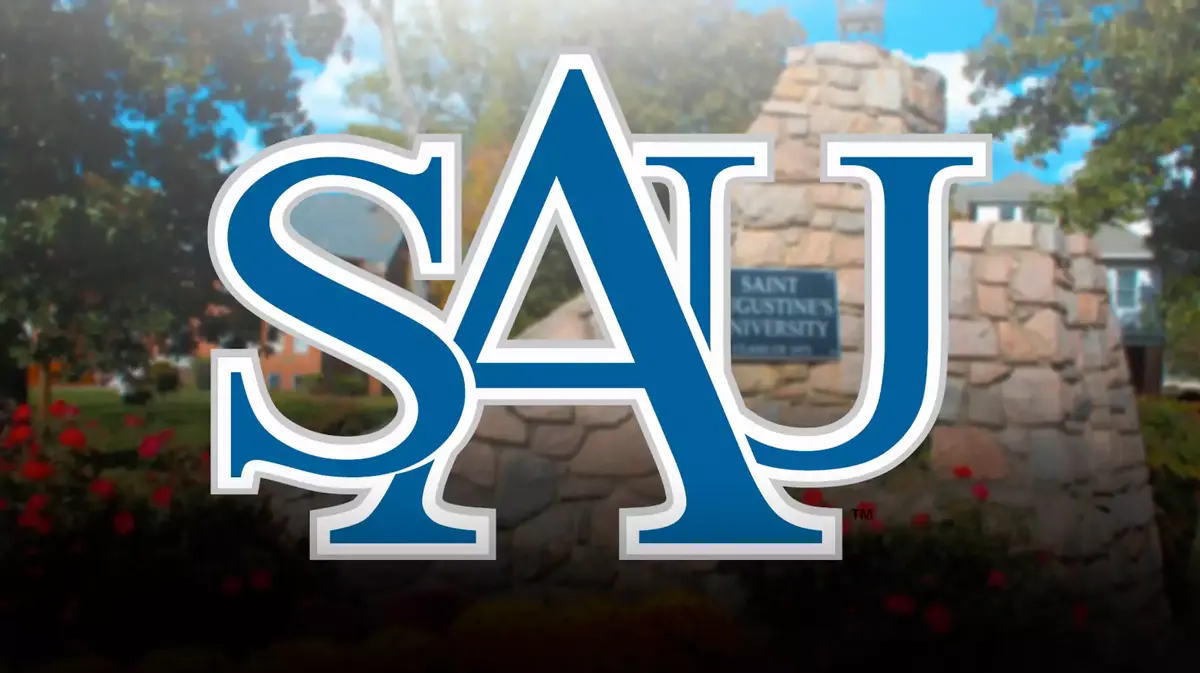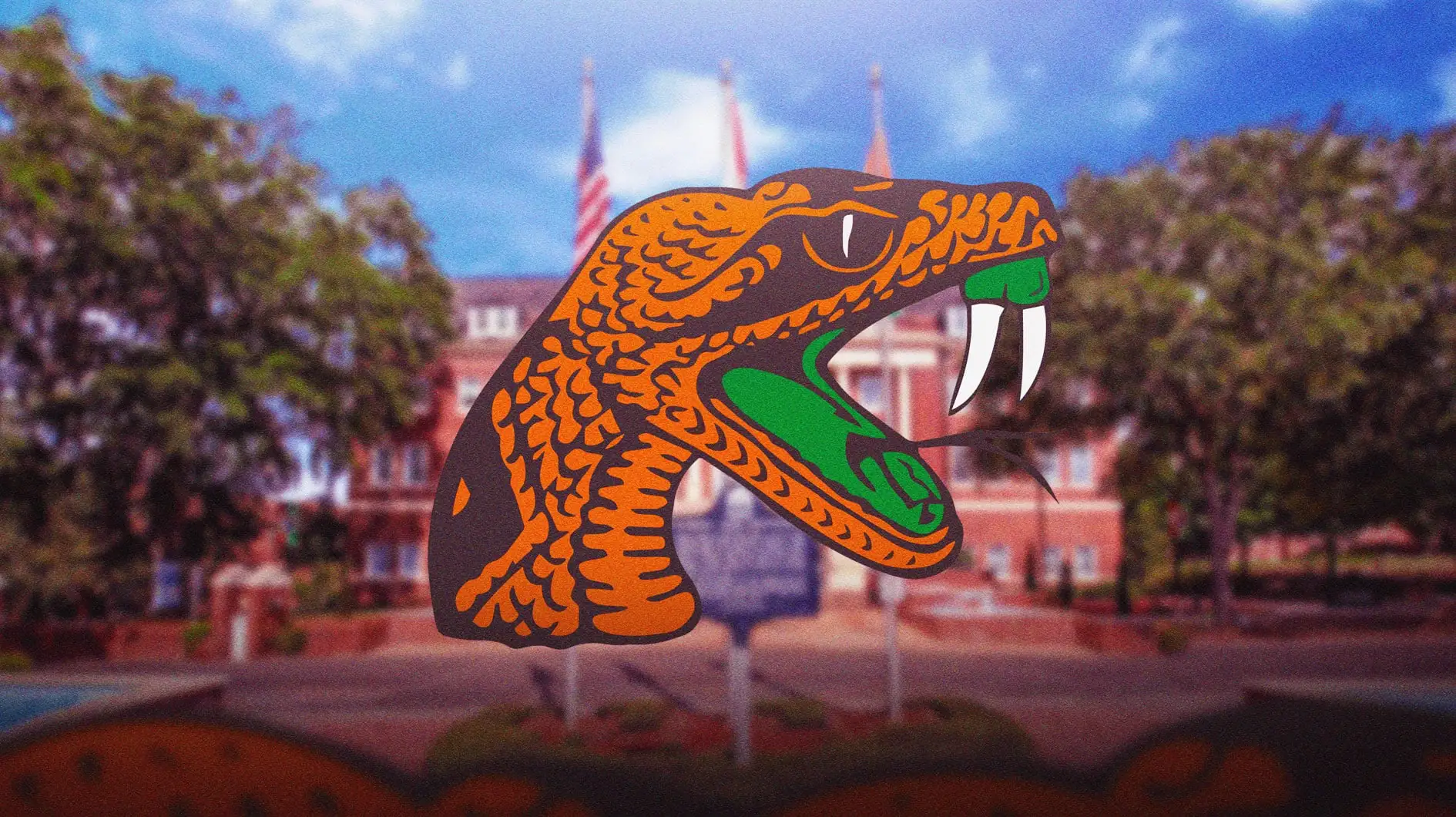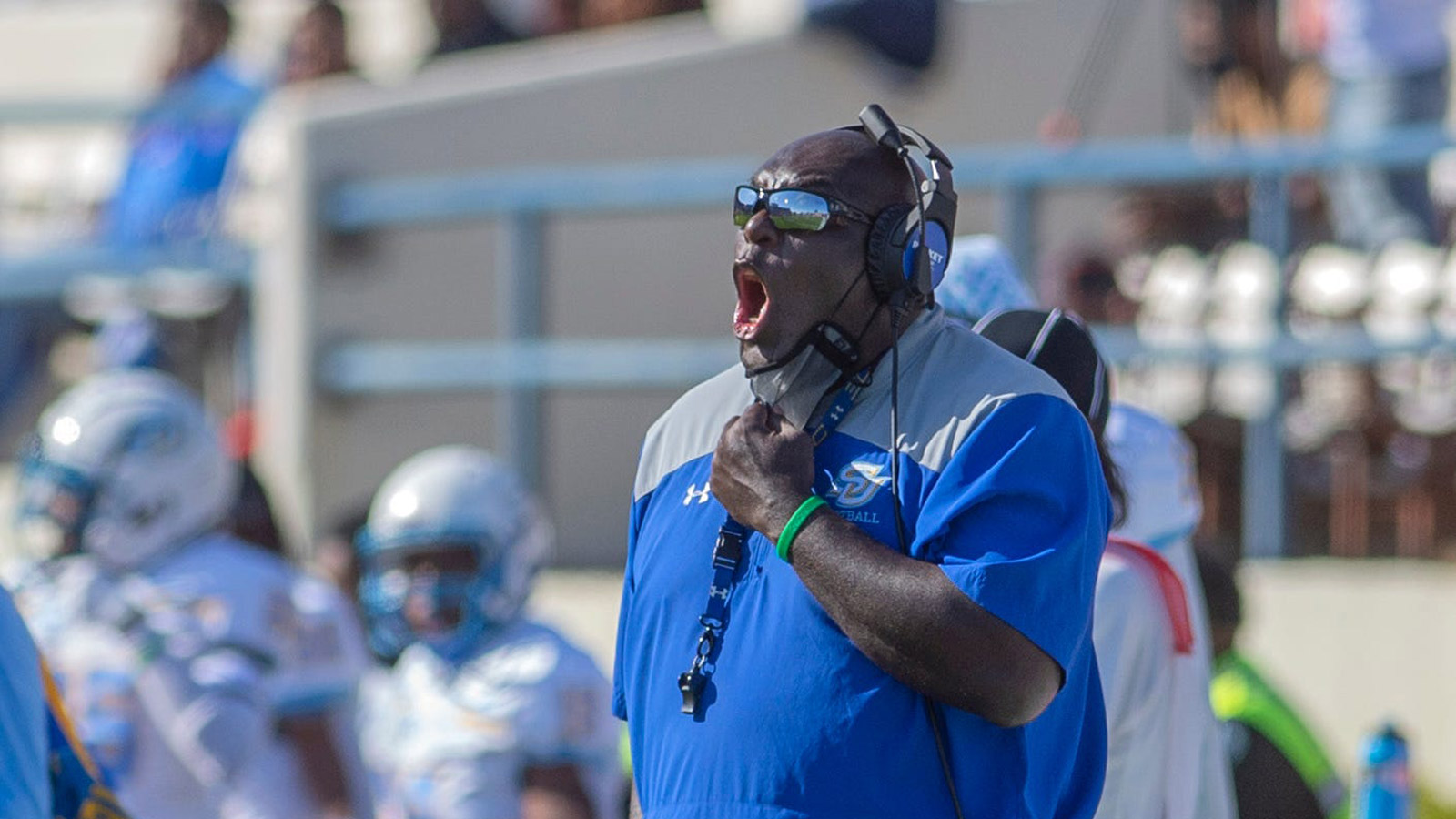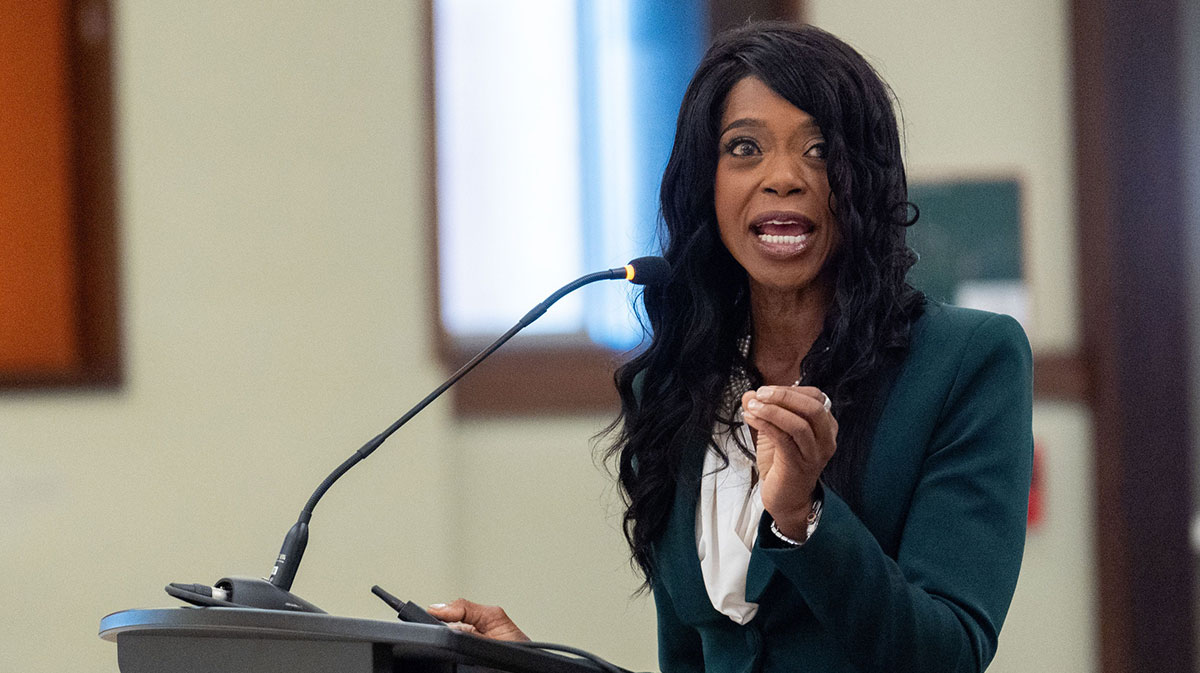Following a visit to Capitol Hill to speak with lawmakers about the NIL rights for student-athletes and the ever-changing economics of college athletics, the commissioners of four of the five historically black collegiate athletic conferences (CIAA, SIAC, MEAC, SWAC) penned an op-ed about the subject in the publication The Hill. In the letter, the group of commissioners speak about how classifying student-athletes as employees could cause harm to HBCU athletics.
“At this very moment, courts and regulatory agencies are weighing decisions that could potentially reclassify student-athletes as employees of their universities, regardless of the economics associated with the sport they play or the university at which they play it,” the op-ed states. “If those types of legal rulings were to advance, the vast majority of college athletic departments will face steep reductions in the number of athletic programs they can afford to operate. No one would feel these impacts more drastically than HBCUs. For us, it would be untenable.”
The commissioners laid out the framework of how D2 & FCS programs make money and how legislation passed that isn't cognizant of its effects on less-resourced institutions could prove costly.
“Like the majority of our Division II and mid-major peers, most HBCU athletic departments do not generate significant revenue and rely heavily on school-appropriated funds and donations. Employment or revenue-sharing mandates aimed at addressing issues specific to football and basketball programs at a very small subset of the biggest Division I athletic programs would be catastrophic for HBCUs. While those issues are valid and worthy of solutions, broad solutions for narrow problems could ultimately rob our campuses of their beloved athletic programs. Even worse, it could cost countless young people a pathway to education.”
The HBCU commissioners ended their op-ed advocating for solutions that would make sure HBCUs aren't left behind the curve in future legislation concerning NIL and the economics of college sports such as.
- National oversight of NIL rights that could supersede state legislation when necessary
- Creating a special status for student-athletes so they aren't classified as employees of their colleges/universities
The op-ed comes as lawmakers on Capitol Hill grapple with the growing effects of NIL rights on college athletics as well as the payment of players relative to media rights deals signed by the various college conferences.

